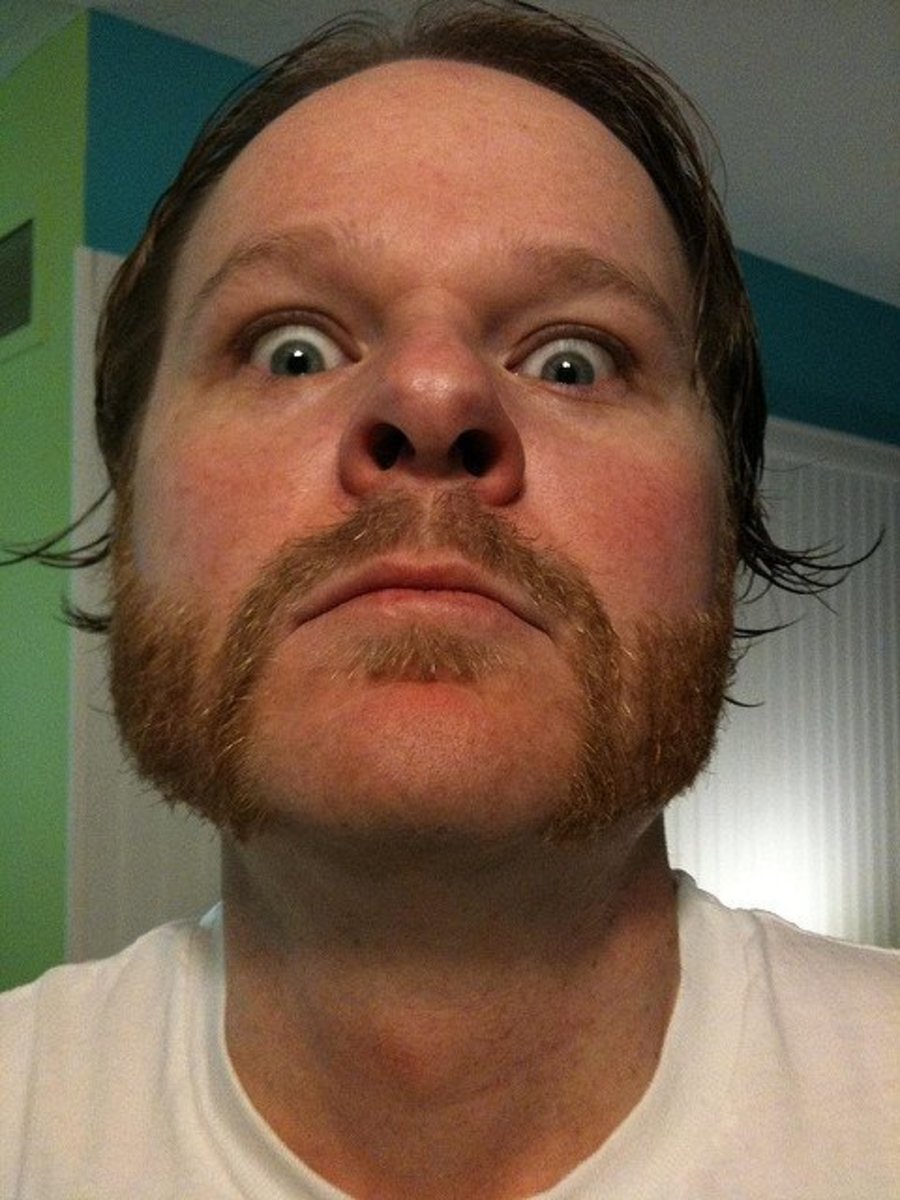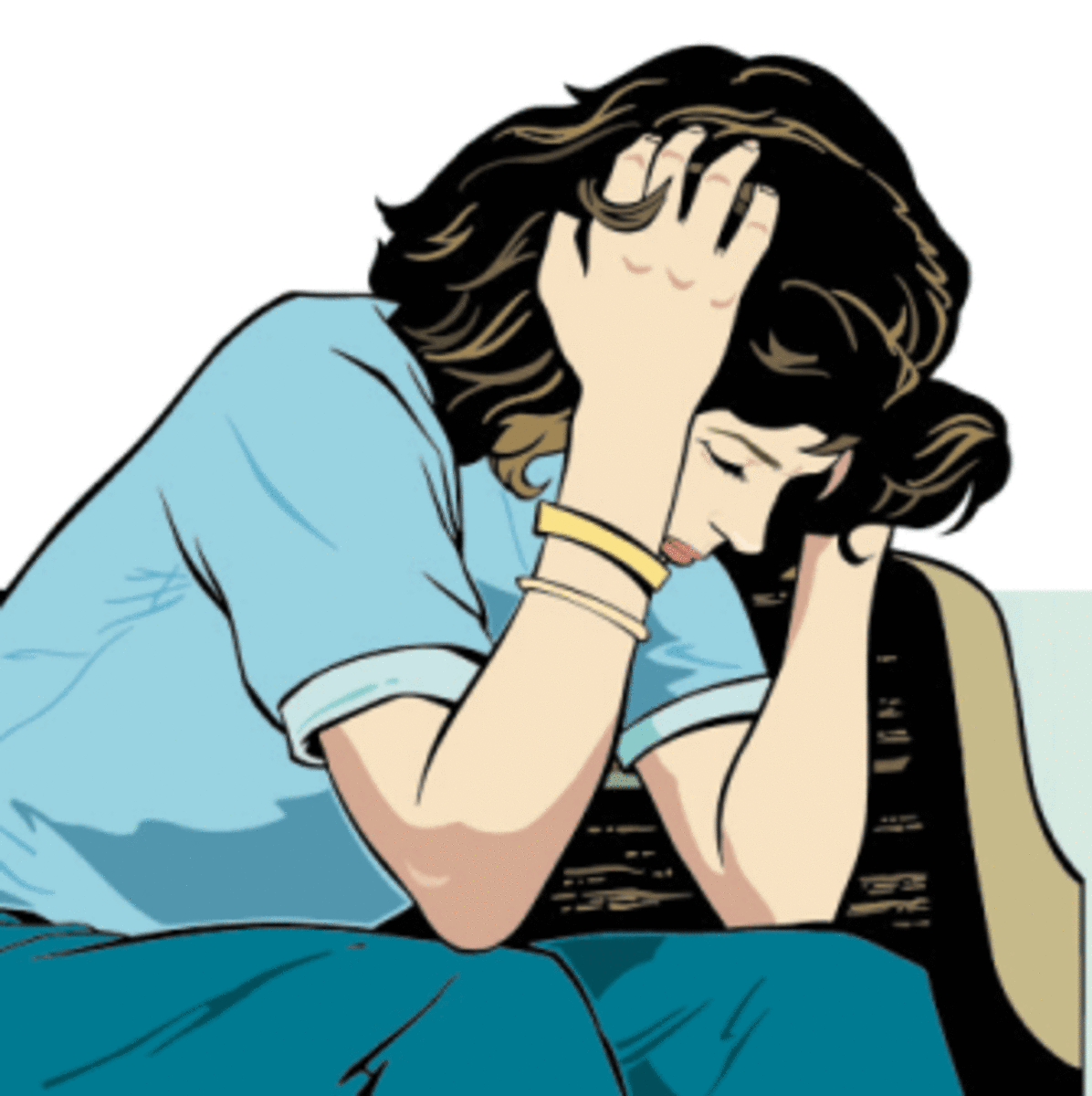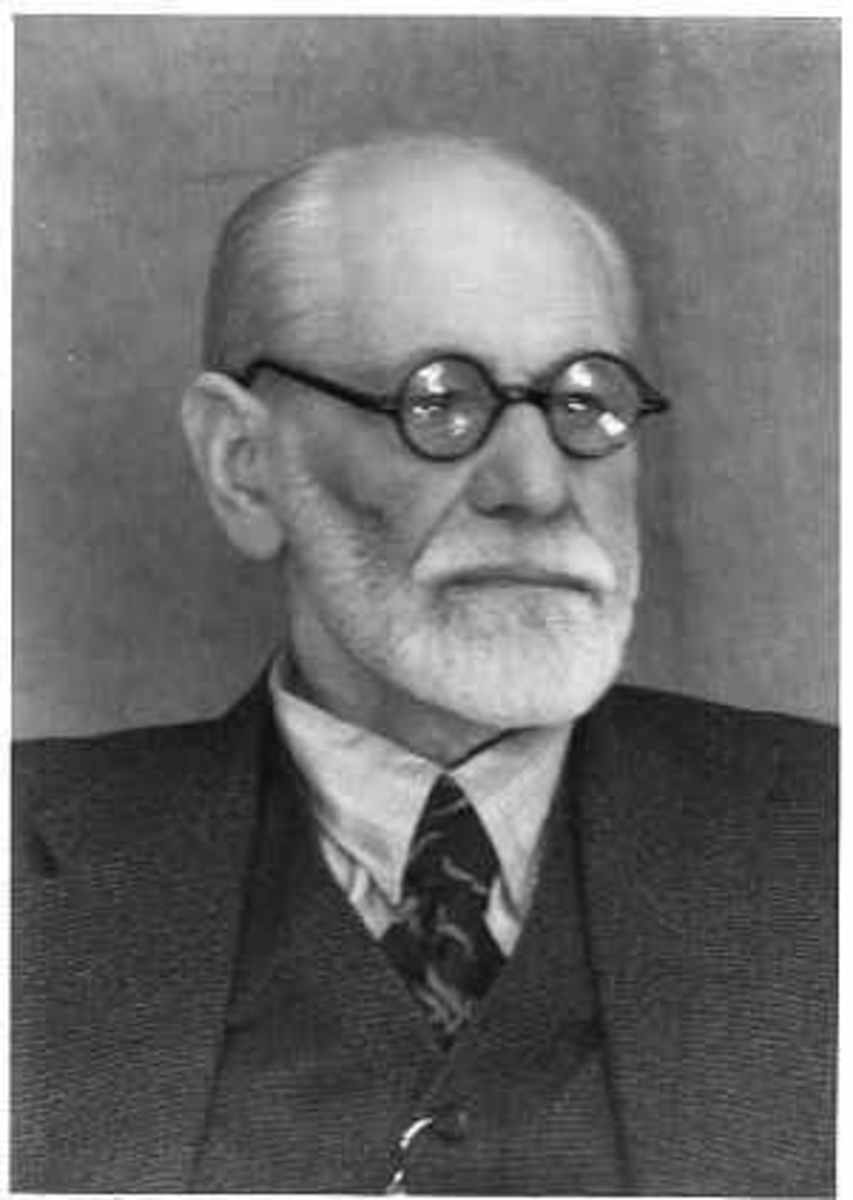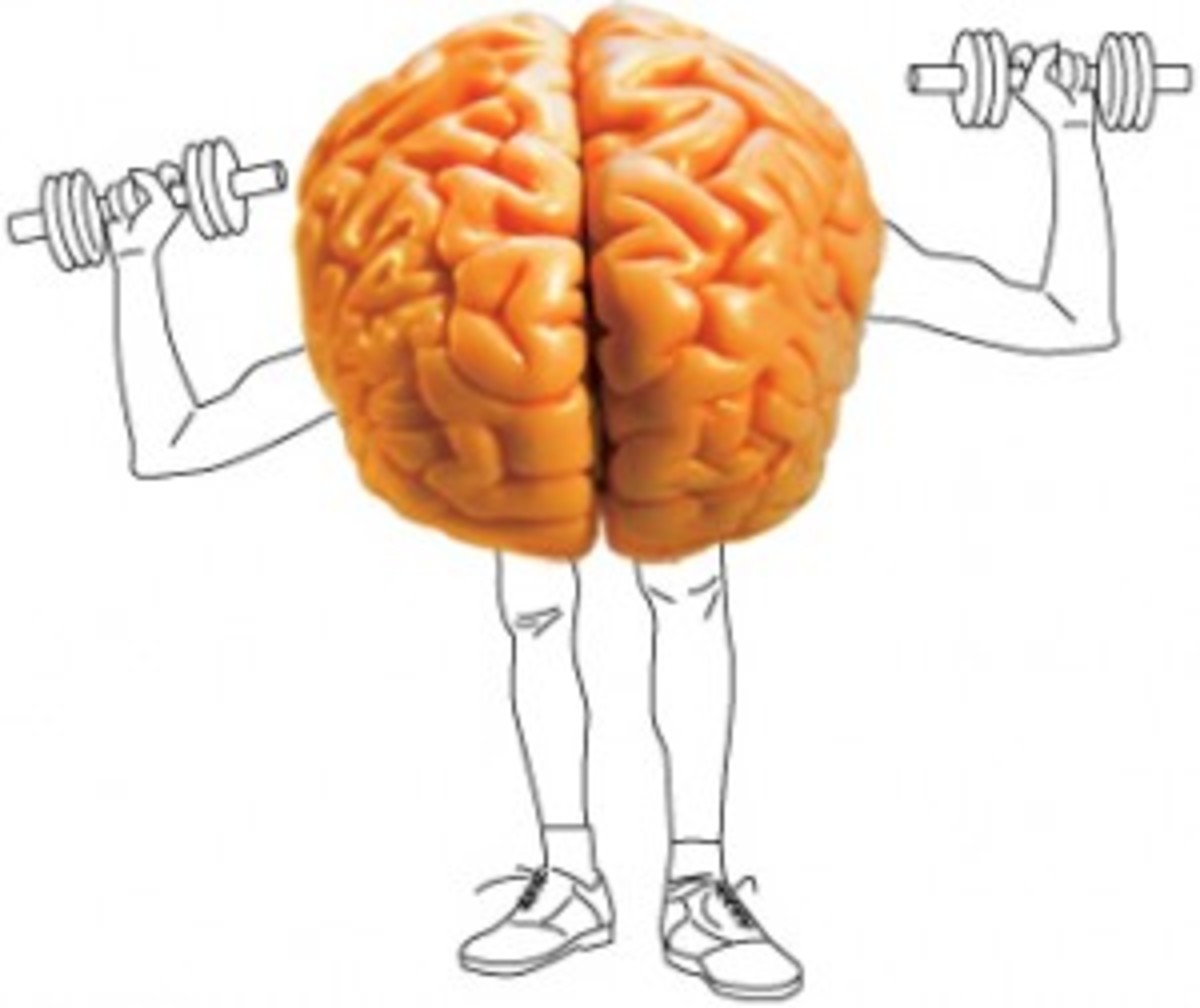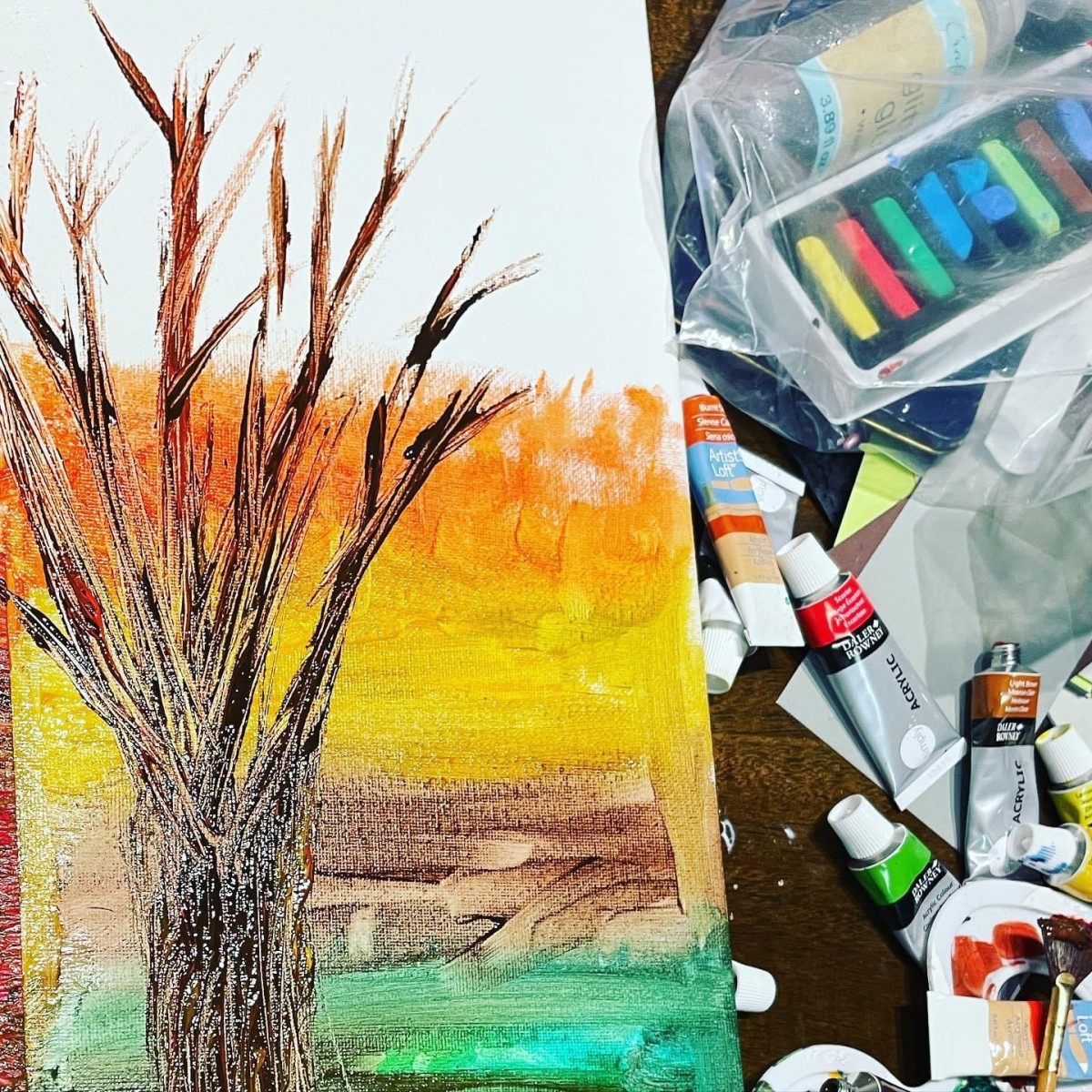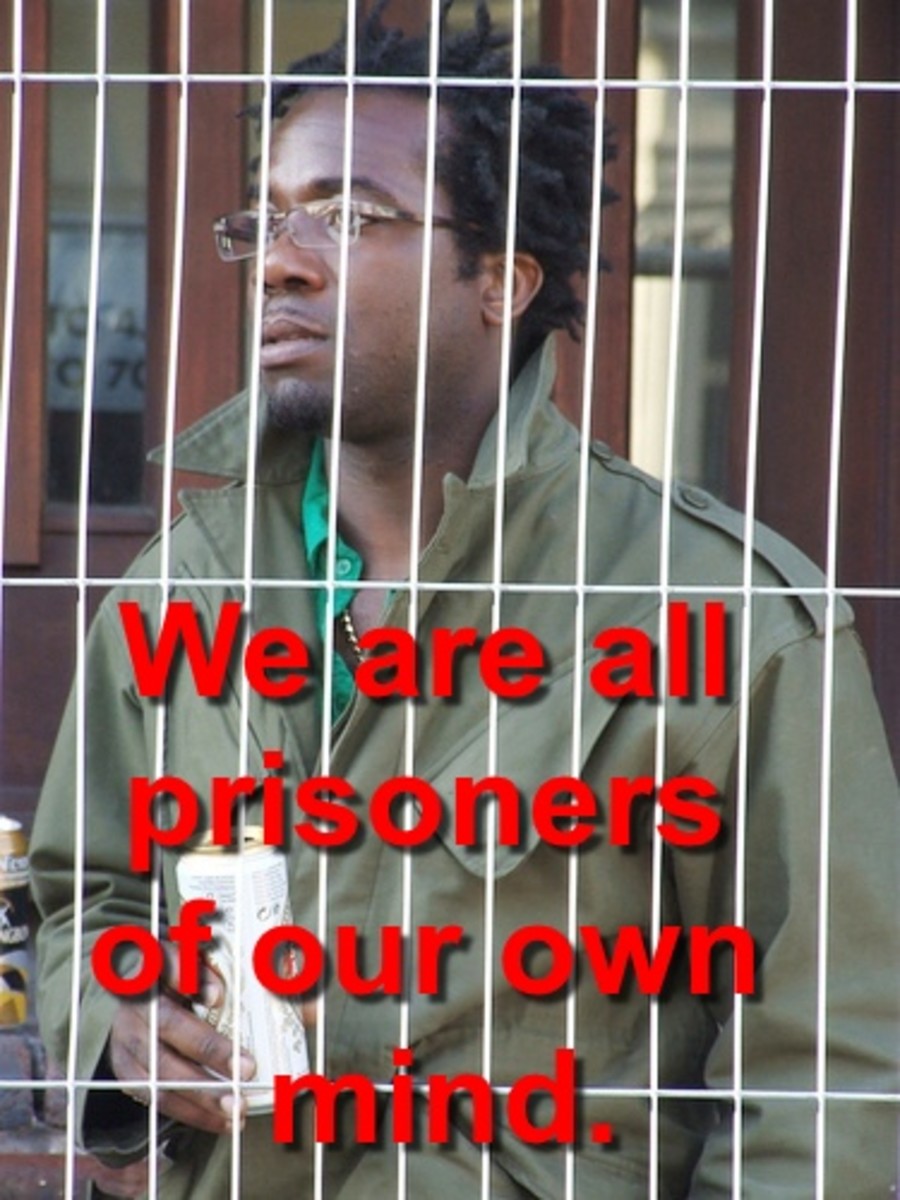How to Recover from a Mental Illness
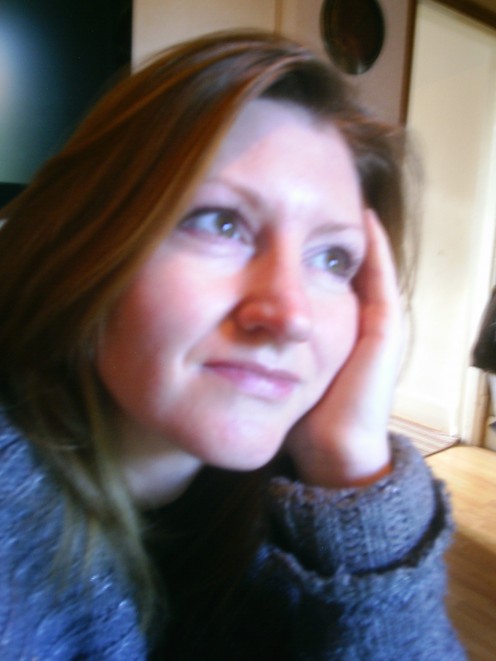
What is a Mental Illness?
Mental illnesses can often be misunderstood or underestimated. A mental illness is something to be taken seriously without prejudice.
A mental disorder is a psychological problem caused by a disability, emotional or environmental issue or genetics.
The illness tends to affect behavior and causes emotional distress and the way the individual feels and perceives things. It can have a high impact on daily life, relationships and sometimes physical health.
Diagnosing a mental illness isn't always quick or easy, as the individual needs to be assessed over a period of time. Different people react in different ways and some may have more than one mental health disorder at one time.
Link
- Rethink Mental Illness | mental health support, advice & services for people affected by schizop
National mental health charity: information, services & a strong voice for everyone affected by mental illness - challenging attitudes and changing lives.
Link
- Find mental health support - Live Well - NHS Choices
Mental health support for people seeking help.
The Common Types of Mental Illnesses
There are many different types and groups of mental health illness. Some of these include:
Depression
Depression affects mood and emotion and can have a negative affect on the way a person lives their life.
It can be caused by a number of things such as abuse, neglect, separation, grief, having a baby (post natal depression), shock or bullying.
Some of the symptoms may include upset, anxiety, worthlessness, low mood, fear and a change in eating and sleeping patterns.
Anxiety Disorders
These affect the way a person deals with something or a situation. The emotions tend to be irrational and more extreme than a non sufferer.
Anxiety disorders include:
Panic Disorder
Something may trigger off the feeling of panic which in some cases associates with the cause.
The symptoms may include fear, shortness of breath, sudden raised heartbeat or panic attacks.
OCD (Obsessive Compulsive Disorder)
This is where a person's anxiety about something make them carry out routines and rituals. They tend to do it to avoid something terrible from happening to themselves or their family.
Their thoughts become obsessive and they have the compulsive desire to repeatedly carry out the routine. Examples may be excessive hand washing or checking that the doors are locked in the house.
Post Traumatic Stress Disorder
This is brought on by an incident in someone's life which was distressing to witness or be involved in. The individual may have reoccurring flashbacks and nightmares which in turn cause distress, anxiety or depression.
Phobias
There are three types of phobia:
Simple Phobias
An extreme anxiety and fear of an object
Social Phobias
A worry of being around other people, fearing their thoughts or thinking they are being judgmental.
Agoraphobia
This is a worry of being in a place or situation of no escape. It may be a wide open space or shopping mall. The sufferer may fear a panic attack which may cause them embarrassment and will go out of their way to avoid being in these situations. In some cases the person with agoraphobia may restrict themselves to their own home.
Bipolar
Very much like depression, bipolar is also known as 'manic depression'.
The individual will go from one extreme to another, feeling low for any length of time to feeling over excitable happy and hyperactive.
Schizophrenia
Someone with schizophrenia may experience a number of symptoms. They may hallucinate, hear voices, talk to people who are not there or become socially withdrawn.
Where to go for help...
- Your Doctor or GP
- Mental Health Professional
- Helplines and Organizations
- Internet or Leaflets
- Clinics
- The Samaritans
- Telephone Directories
Helping Someone with a Mental Illness
Different mental health issues are addressed in different ways, as are the individuals who live with them. Different people cope slightly differently, so while some therapies work for some, they may not be enough for others.
The recovery process will not necessarily mean the individual will get back to 'normal' but if successful will help to live a better quality of life. The idea is to deal with the problem long term, understanding it and using methods to cope with situations.
Counselling
Someone with a form of depression or anxiety may be offered counselling to talk through their problems.
The counsellor will use three different approaches with clients. They are Psycho dynamic, Person entered and Cognitive.
The idea is to help the client work out where the problem lies, it's root and how to cope with it.
Sometimes seeing a counsellor on a regular basis is enough to help, but medication may also be prescribed. The counsellor may also suggest other ways to cope, such as tasks and activities and to learn new coping techniques.
Cognitive Behavioral Therapy (CBT)
These are a series of sessions to help the client think differently about their worry or anxiety.
The therapist will try to highlight the ways in which the client perceives certain things or how they react emotionally and physically. The therapist uses scientific theories to work through the problems shared with the client to help to identify overcome problems.
Therapists work with clients and their families to work out how to address the issue, deal with anxieties, thoughts, feelings and behavior.
Psychotherapy
Psychotherapists work with their clients to get to the root of the problem and find out the causes of illness. They may look at the client's past to help them to deal with the present and future and overcome problems.
Working with a psychotherapist takes longer than CBT and the sessions are also longer. They are aimed to be helpful with dealing with life, getting back on track and dealing with long term or reoccurring problems.
Medication
Sometimes the use of prescription drugs are advised to control triggers of anxiety, steady mood or relieve symptoms of psychosis.
The groups of drugs are anti psychotics, antidepressants, mood stabilizers and benzodiazepines (for anxiety).
If the patient has more than one symptom, a combination of medication will be given.
The patient will be reviewed regularly by their doctor or health professional to determine whether the medication is right for them and if they need to stay on them long term.
Family Therapy
This is a group therapy where the family meet with one or two therapists to talk through or work out issues.
There may be many reasons for this type of therapy:
- Behavioral problems with children
- A disability or mental health problem in the family
- Drug or alcohol addiction
- Domestic Violence
- Divorce or separation
Each member of the family affected have the opportunity to discuss any issues in a calm and controlled environment.
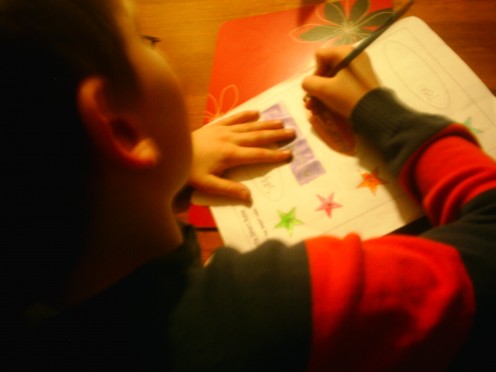
The Complimentary Medical Association
British Complimentary Medicine Association
Group Therapy
This is where a group of around 8 to 12 people meet together for the first time with a therapist. They will all share the same or similar problems, and each have the chance to talk about them aloud to the rest of the group.
Those who benefit feel as though they are not being judged and learn from other people's experiences. They are able to offer support to each other as they all have a similar problem.
Complimentary and Alternative Therapies
Some other ways to help and deal with depression and anxieties are to use complimentary therapies alongside prescription drugs and other therapy.
Acupuncture
Acupuncture is an ancient Chinese therapy which is used to treat numerous health problems. As well as treating physical aches and pains, it can also be used to treat addiction and emotional and psychological disorders.
The theory of acupuncture is that the body has channels of energy running in patterns called meridians. If the channels are blocked then small needles are placed in certain areas to remove the obstruction and correct problems.
The modern scientific explanation suggests that placing the needles in the acupuncture points stimulates the nervous system to release chemicals to the spinal chord and brain and to the muscles. This is turn triggers chemicals to regulate hormones and pain.
Massage
Massage is a good way to promote healing in many ways.
As well as being good for skin, circulation and posture, it can also be useful for peace of mind.
Massage puts us in a relaxed state which is beneficial for anxiety and worry. It helps us to think more clearly and calmly which reduces stress.
Hypnosis
Hypnotherapy can be useful to help people get through emotional problems and addictions.
A trained hypnotherapist is able to work with the client to put them in a trance state to relax them and focus their attention on the therapist. Their concentration levels are enhanced to focus on thoughts and tasks.
The client is to think about their problems in a different way and learn to cope as well as exploring issues from their past.
Link
- What Are The Causes Of Mental Illness
Mental illnesses tend to have a stigma attached to them, as some people do not understand them or may be afraid of them. But many of us may have had a mental illness or still have one. It is important to recognize it and as well as find a way to deal
Link
- Signs and Symptoms of Mental Illness
Looking out for and recognizing if someone you know has a mental health problem may not be easy. But if you suspect there may be an issue you might want to gain some advice. Here are some examples of what to watch out for.


